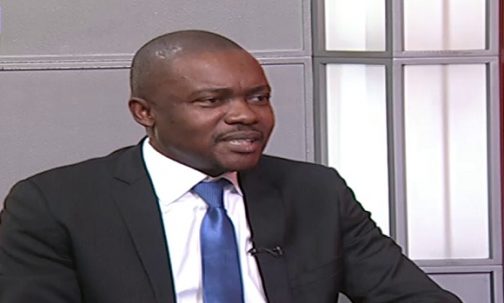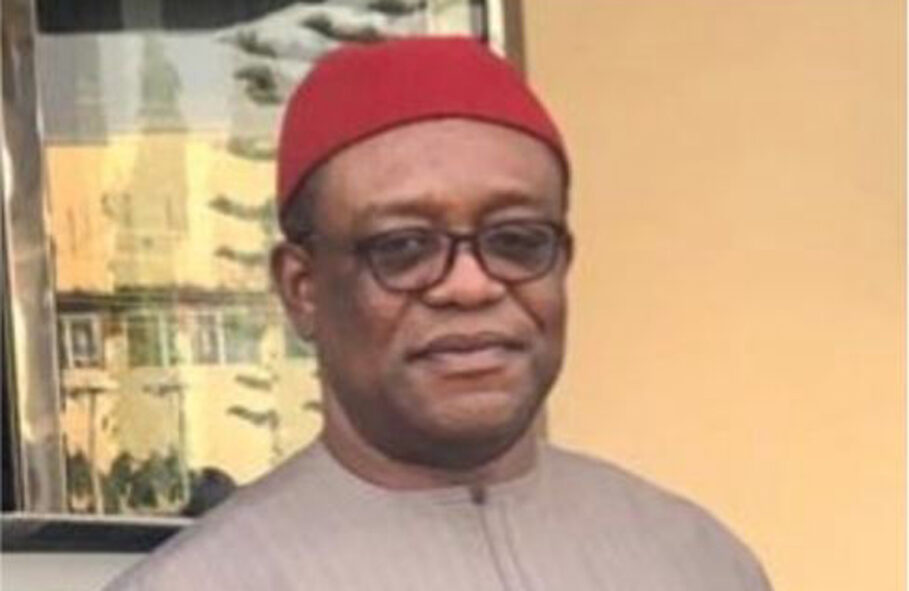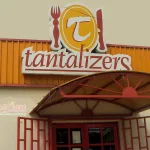The increase in crude oil prices in the international market and the drop in the value of the naira have been blamed for the latest hike in prices of Premium Motor Spirit (PMS), also known as Petrol, across Nigeria.
Nigerians on Tuesday, woke up to a shocking increase in the prices of PMS.
Join our WhatsApp ChannelREAD ALSO: Fuel Price Hike: Nigerians Struggle As Pump Prices Surpass N600 Per Litre
The Nigeria National Petroleum Company Limited increased prices in its retail outlets from the previous N540 to N617 per litre. This consequently forced independent marketers to also jerk up their prices to between N620 and N650 per litre across the federation.
Speaking on the reason for the increase, a former president of the Petroleum and Natural Gas Workers Union (PENGASSAN), Peter Esele, said the prices of crude oil in the internal market went up recently while the value of the naira also dropped.
READ ALSO: Fuel Price Soars to N617/Litre, Marketers Swiftly Adjust Pump Prices
Mr Esele, who appeared on Channels Television Sunrise Daily on Wednesday morning, explained that since Nigeria is depending on importation of petrol, it is expected that the pump price would also go up.

He said the removal of subsidy on petrol by the Federal Government has made the market become deregulated and is now open to market realities.
Esele pointed out that the need to bring in the product by marketers who are now being granted licences by the NNPC is also putting pressure on Foreign exchange, making the price of dollar go up while value of the naira depreciated.
READ ALSO: History Of Fuel Price Increase In Nigeria
“The international oil prices have also gone up and you have a fallen naira, so, it’s more like a double whammy; we are being buffeted from right to left. These challenges are our new reality,” Esele lamented.
He said the price will continue to go up if the exchange rate (naira to dollar) increases as marketers need it to be able to import petrol which also puts pressure on the forex.
“The reality is that the price of petrol will continue to go up and down and also vary from state to state.”
On the complaints by Nigerians about how some petrol outlets suddenly jerked up prices in the face of customers on Tuesday, when NNPC announced the increase, Esele said some marketers who already have the old stock and hiked their prices are simply making a kill in the business.
He said that in a deregulated environment, marketers who have old stock ought to apply morality by sticking to the old price until they get a new one instead of maximizing profit while impoverishing the masses.
“What you have is that marketers are making a kill to retail. They don’t buy petrol every day, they don’t go to the depot to collect from NNPC every day. They already have the product in the house and then they decide to maximize profit,” he said.
The Ex-PENGASSAN president said NNPC usually have stock between 60 to 90 days and when it finishes, the price is likely to change when the new one comes at a new price, hence the reason for the new price adjustment by the national oil company.
He urged the government to put in place a necessary condition that would facilitate the production of petrol locally to reduce pressure on foreign exchange and bring down the cost for Nigerians who are currently grappling with the effect of the price increase such as the hike in costs of transportation, basic commodities in the markets and services generally.
He further warned that if marketers are unable to access dollars at the official rate using the I & E window, they might be forced to resort to the black market which could over time widen the gap in exchange rates, defeating the FX unification that the Federal Government recently did.
He also called on the government to put in place all necessary measures to increase crude oil production to meet her OPEC quota and reap the benefit of the increase in the international market in terms of FX.
On his part, President of the Independent Petroleum Marketers Association of Nigeria (IPMAN), Chinedu Okoronkwo, said marketers instantly increased their prices because they would find it difficult to raise money to buy at the new price in the depot if they continue to sell at the old price which could incidentally affect their business.

Okoronkwo said some marketers are yet to recover from the shock of the previous increase as they have not been able to raise money to make up for the new price and get the new stock to continue serving their customers.
The IPMAN president called on the government to develop infrastructure for Compressed Natural Gas (CNG) and also bring in players in the oil and gas industry to see how they can start deploying it for use as an alternative energy source and reduce dependence on fuel.
Victor Ezeja is a passionate journalist with seven years of experience writing on economy, politics and energy. He holds a Master's degree in Mass Communication.


















Follow Us